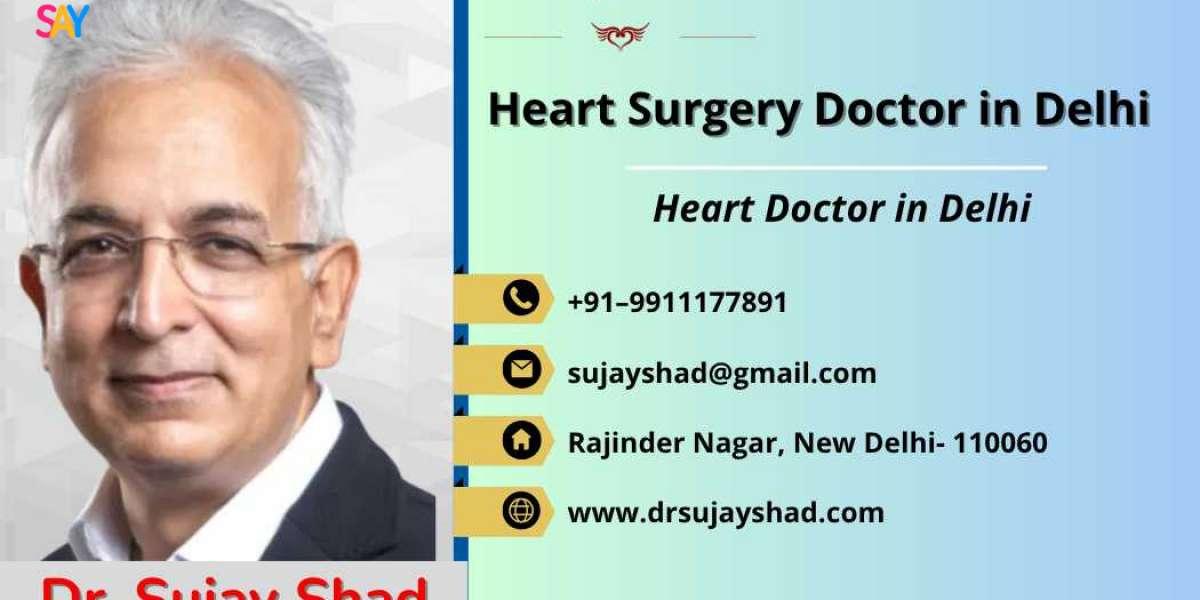Heart Valve Surgery- 4 Amazing Things to Know

In a heart valve disease, a minimum one of the four valves: mitral, pulmonary, tricuspid, or aortic, is not able to function properly to allow unidirectional blood flow through and out of the heart. Thankfully, heart valve surgery can fix this by repairing or replacing a diseased/damaged heart valve.
This post highlights the four key things about heart valve surgery that one must be aware of before going ahead with their treatment for Heart Valve Surgery in Delhi.
-
Heart valve surgery can fix only heart valve narrowing or leakage.
Patients with heart valve disease either suffer from valve stenosis (narrowing) or regurgitation (leakage). A heart valve surgery is done to treat this disease and improve the pumping efficiency of the heart. Even if one does not show signs of heart valve disease and is going through another cardiac operation, the surgeon may at the same time also perform repair or replacement of the damaged valve.
-
Heart valve surgery can be done through different approaches.
The surgical approach is decided by the surgeon based on the type of valve disease, the extent of damage to the valve, and the patient’s age and overall health. Different options are:
-
Heart valve repair surgery- It involves covering the holes, separating fused flaps, or mending supporting structures.
-
Heart valve replacement surgery- It involves implanting a prosthetic valve- biological or mechanical.
-
Minimally invasive surgery- The operation is conducted through small incisions made on the chest. Robot assistance might be utilised.
-
Open heart surgery- The operation is performed on an open/ temporarily off-beat heart through a large cut made in the chest.
-
Heart valve surgery has some potential risks and complications.
If a skilled and experienced cardiac surgeon is not chosen for heart valve surgery and the patient is not serious about precautions to be taken throughout their treatment journey, there are high chances of them facing complications. Possible risks and complications include temporary discomfort/fever, bleeding, blood clots, infection, arrhythmia, heart attack, stroke, or death. The details of surgery are discussed during consultation.
-
Heart valve repair surgery should be preferred over replacement, if feasible.
Research suggests that a repaired heart valve is more durable than a prosthetic valve. The patient having repair surgery doesn’t require taking blood thinners for years, as is needed in case of a replaced valve. This enhances the patient’s quality of life and the patient is also able to return to normal life expectancy. However, if valve damage is beyond repair, the only life-saving option is replacement, which must be done promptly.
Heart valve surgery is a complex operation performed to fix or replace damaged heart valves to restore normal blood flow and heart function. Consultation with an experienced Open Heart Surgery in Delhi is important for in-depth information about the procedure, recovery, and possible risks.







